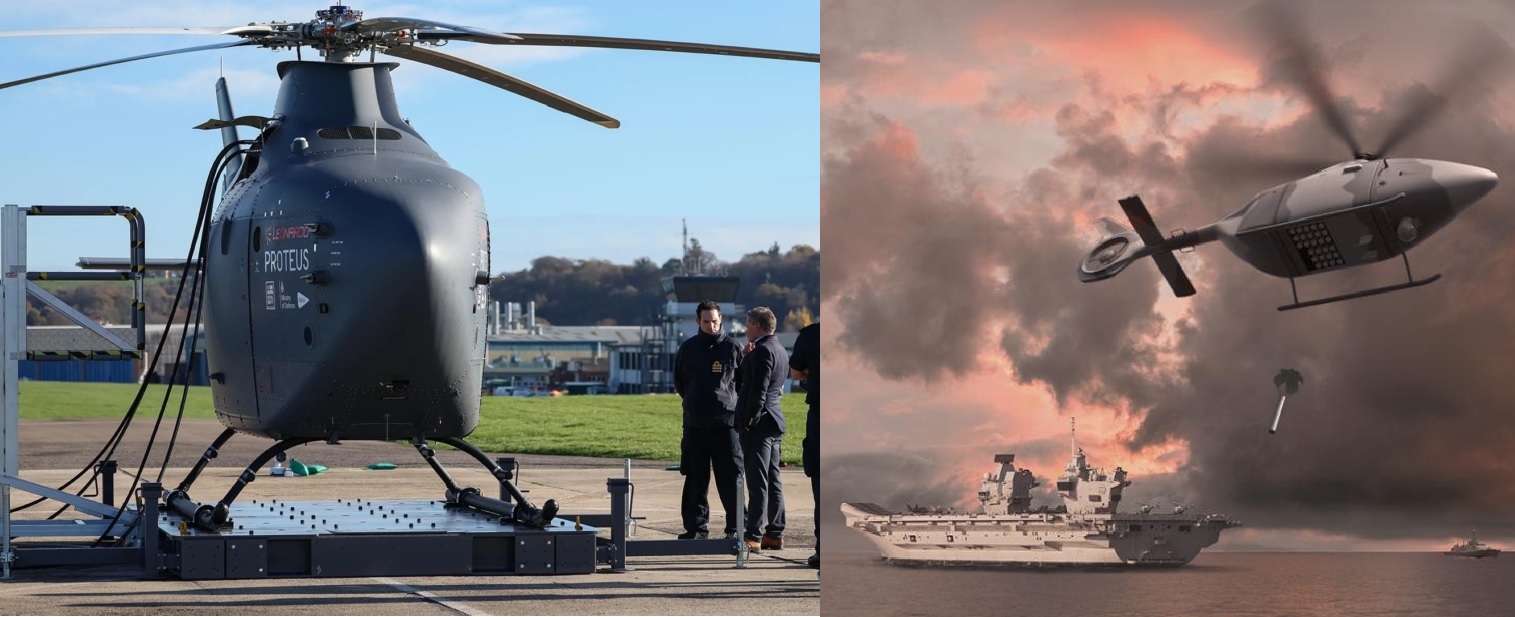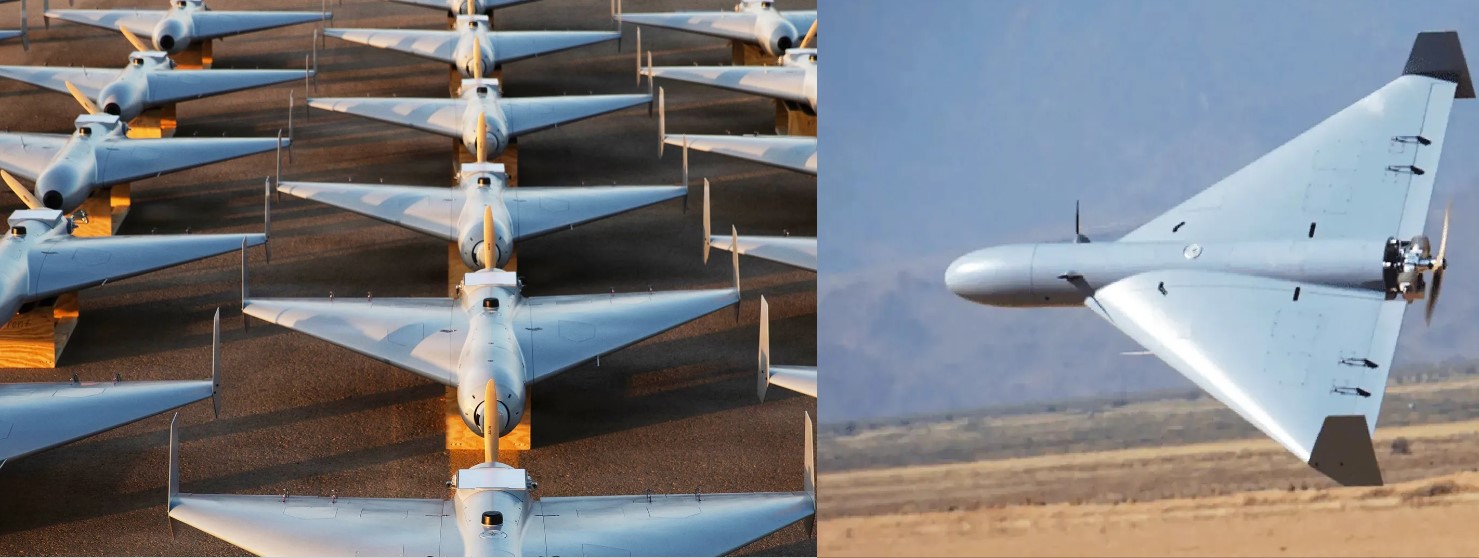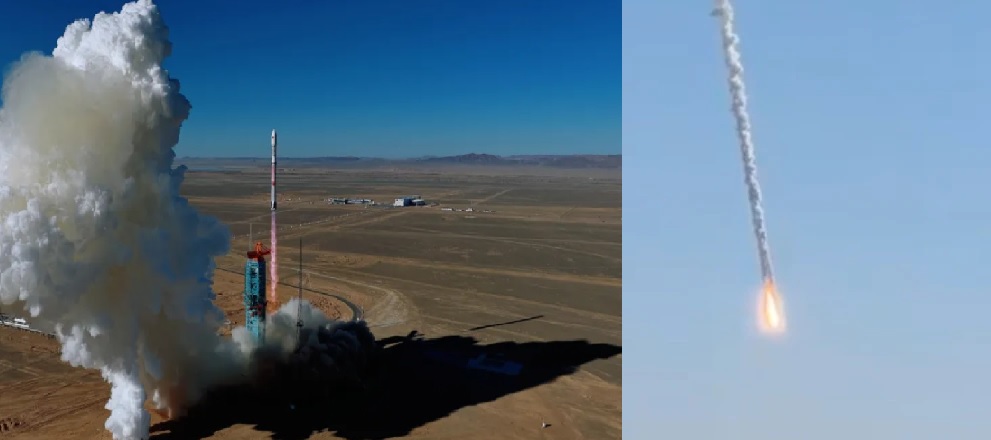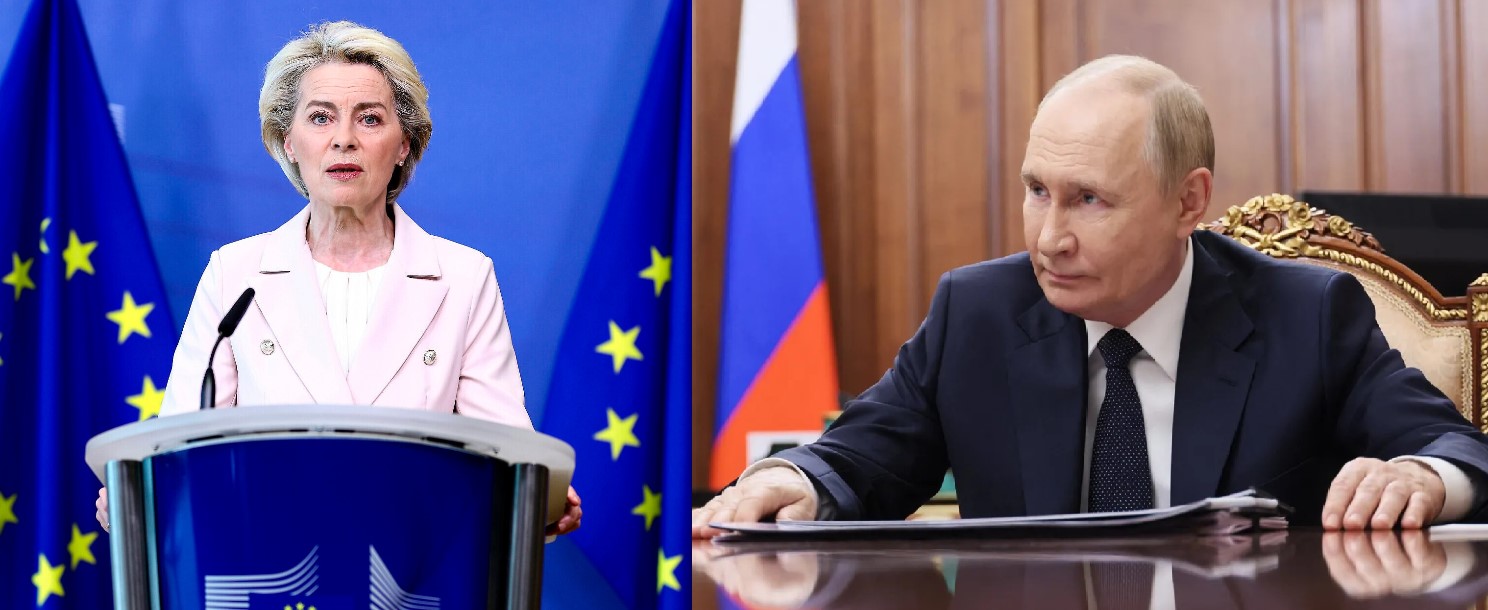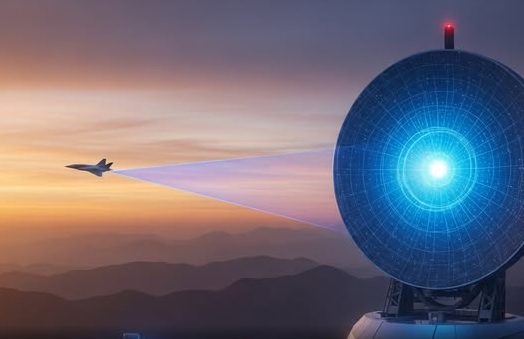North Korea’s Nuclear Arsenal Now ‘Irreversible,’ Says Government

North Korea has formally declared that its status as a nuclear-armed state is "permanently enshrined" in its constitution and is "irreversible," state media reported on Monday. The move came as Pyongyang sharply condemned the United States for calling for its denuclearisation, branding it a political provocation and interference in its sovereign affairs.
Condemnation of the United States and IAEA
The statement, issued by North Korea’s United Nations mission and carried by the Korean Central News Agency (KCNA), strongly criticised the U.S. for "branding our possession of nuclear weapons as illegal" during discussions at the International Atomic Energy Agency’s (IAEA) Board of Governors. North Korea reaffirmed that it has not maintained "official relations" with the IAEA for over three decades and questioned the agency’s authority to interfere in a state outside the Nuclear Non-Proliferation Treaty (NPT).
Historical Context and Sovereignty Claims
Pyongyang reiterated its withdrawal from the IAEA in 1994, citing the agency’s use by Washington to undermine its sovereignty. It further warned that it will "firmly oppose and reject any attempt to alter the current status of the Democratic People's Republic of Korea, and, as a responsible nuclear-armed state," it will defend its position at all costs.
Military Expansion and Kim Jong Un’s Visit
This declaration follows Kim Jong Un’s recent visit to weapons research facilities, where he emphasised that the country would "simultaneously push forward the building of nuclear forces and conventional armed forces." The visit highlighted Pyongyang’s growing focus on military modernisation, with significant investments in long-range ballistic missiles, submarine-launched ballistic missiles (SLBMs), and tactical nuclear warheads.
Nuclear Capabilities and Deterrence
Since the collapse of the 2019 U.S.-North Korea summit aimed at denuclearisation, North Korea has repeatedly asserted that it will never surrender its nuclear arsenal. Experts believe that Pyongyang’s nuclear development has advanced considerably, with the country now believed to possess between 40 and 60 nuclear warheads, along with a growing missile delivery capability capable of reaching the U.S. mainland.
North Korea’s state media emphasised that its nuclear deterrent is vital for national security in the face of perceived threats from the United States and its allies. The regime has also expressed frustration at continued military drills by South Korea and the U.S., which it views as provocations that justify its nuclear posture.
Regional and Global Impact
Analysts warn that Pyongyang’s hardened stance could further complicate diplomatic efforts in the region. While sanctions have remained in place, enforcement has faced challenges, and there are growing concerns about North Korea’s development of nuclear-capable missile systems that could alter the strategic balance in East Asia.
Despite calls from the international community for restraint and renewed negotiations, North Korea’s leadership appears committed to accelerating its nuclear programme, arguing that deterrence is essential to ensuring the country’s survival against external pressures.
With the recent statement, Pyongyang has sent a clear message: any attempt to roll back its nuclear ambitions will be met with resistance, and its pursuit of advanced weapons technology will continue unabated.
✍️ This article is written by the team of The Defense News.
